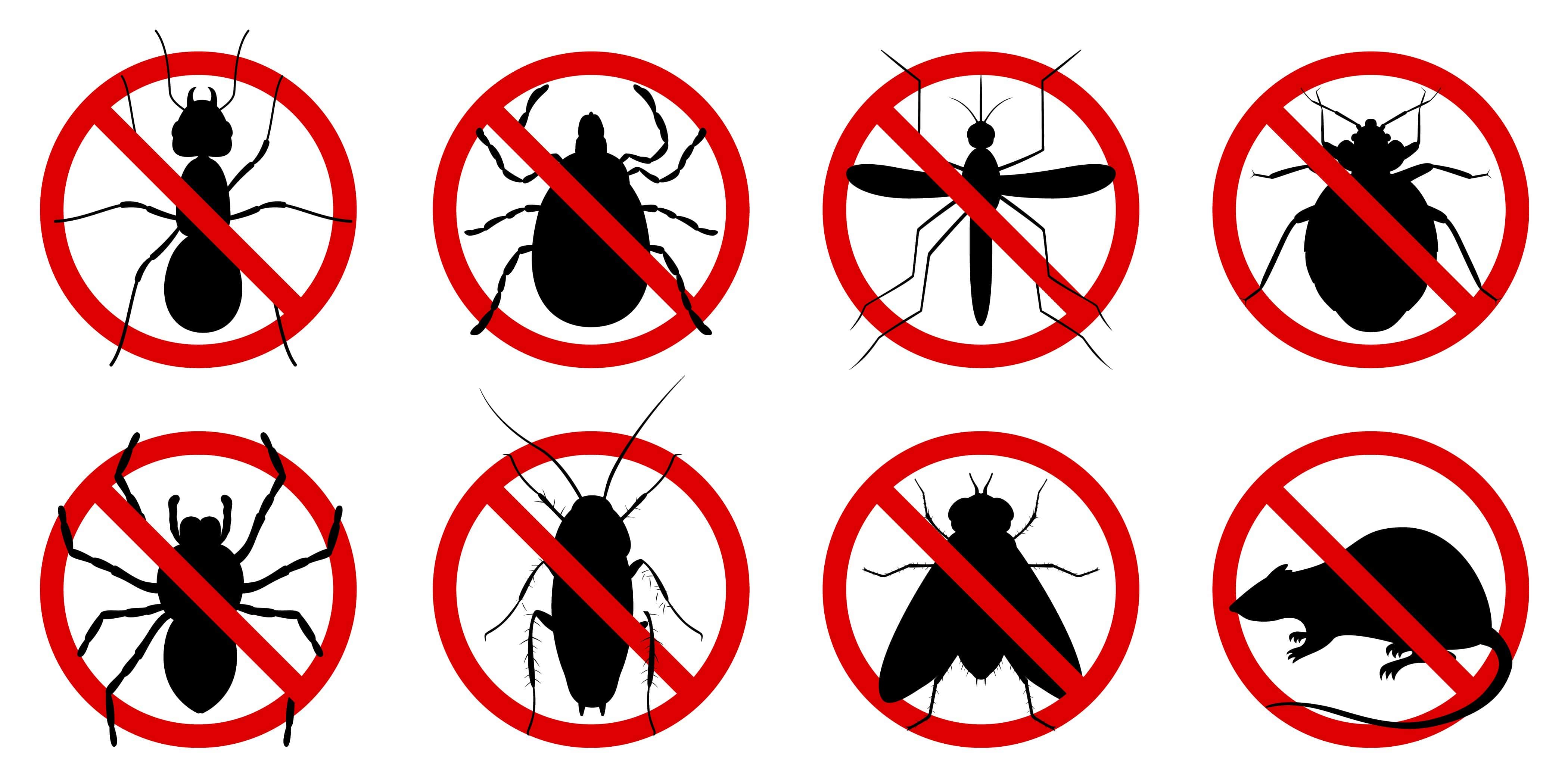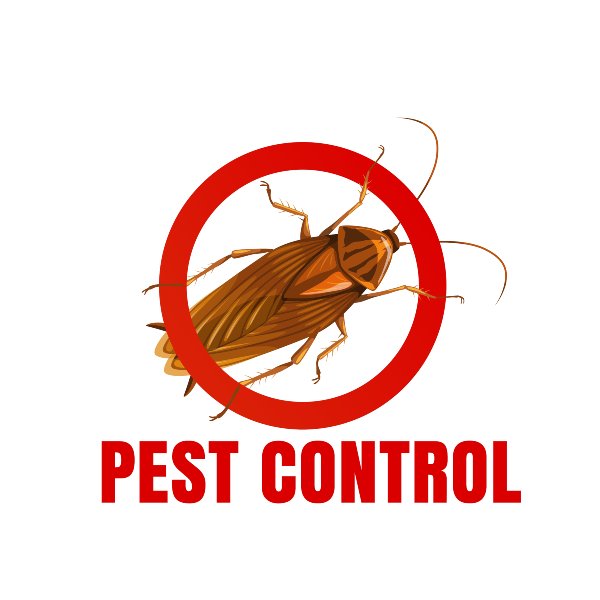Top-Rated Pest Control Fresno: Comprehensive Solutions for Your Residential or commercial property
Top-Rated Pest Control Fresno: Comprehensive Solutions for Your Residential or commercial property
Blog Article
Separating Between Sorts Of Bug Control Approaches
From chemical remedies to environmentally friendly strategies, the spectrum of bug control techniques is varied and nuanced. The evolution of bug control practices has led to the development of ingenious approaches that provide to different needs and choices.
Chemical Pest Control Approaches
Chemical bug control techniques are generally employed in the farming market to efficiently remove and handle parasite invasions. These methods entail the usage of pesticides, fungicides, and herbicides to target and eliminate unwanted pests that can cause harm to crops. Pesticides are substances especially made to kill or manage parasites such as insects, weeds, and rodents. Herbicides, on the various other hand, are made use of to control undesirable plants that complete with crops for nutrients, water, and sunlight. Fungicides are made use of to prevent and manage fungal diseases that can devastate plants.
While chemical pest control approaches can be very reliable in controlling parasite populaces, there are likewise issues regarding their possible impact on human wellness and the setting. To reduce these threats, it is important for farmers and insect control specialists to adhere to correct application methods, adhere to safety and security guidelines, and consider different insect control techniques whenever possible.
Biological Bug Control Methods
Given the prospective problems connected to the influence of chemical bug control approaches on human health and wellness and the atmosphere, a shift in the direction of making use of Organic Parasite Control Methods provides a more eco friendly and lasting strategy to taking care of pest invasions in farming. Biological insect control includes using other living organisms to regulate pest populations. This method can include the introduction of all-natural predators, parasites, or microorganisms that target particular insects, interrupting their lifecycle and minimizing their numbers. One usual example is using ladybugs to regulate aphids in farming settings. By promoting all-natural killers, biological insect control can assist maintain a balance in the environment without counting on dangerous chemicals. Additionally, biological control techniques have a tendency to be much more targeted, influencing just the parasite varieties without harming other organisms or advantageous insects. While biological pest control might need even more time to show outcomes contrasted to chemical approaches, its long-lasting effectiveness and minimal environmental influence make it a preferred choice for sustainable pest management in agriculture.
Mechanical Pest Control Methods
Utilizing physical obstacles or tools to straight remove or fend off bugs is the essence of mechanical pest control approaches. Physical catches such as mousetraps, flypaper, or scent traps are additionally commonly used to catch and control bugs.
An additional effective mechanical pest control method is making use of vacuum cleaner tools to literally get rid of pests from infested areas (pest control fresno). Vacuuming not only eliminates grown-up bugs however also aids in eliminating larvae and eggs, interfering with the insect's life cycle. Furthermore, mechanical insect control techniques consist of using barriers like caulking or sealing fractures and crevices to avoid parasite entrance into structures
Natural Parasite Control Techniques
One reliable method in pest control includes harnessing all-natural components and processes to handle parasite populations in an environmentally friendly fashion. All-natural bug control approaches take advantage of the ecosystem's very own checks and balances to control bugs without relying upon artificial chemicals. One usual approach is organic control, where all-natural killers or parasites of parasites are presented to maintain pest populaces in check. Ladybugs, as an example, are understood for feeding upon aphids, therefore acting as an all-natural form of pest control in yards. Additionally, planting diverse plants can help interrupt pest life process by producing a less desirable setting for them to prosper.
One more all-natural approach is using botanicals such as neem oil, chili, or garlic pepper sprays to ward off or hinder bugs. These compounds are acquired from plants and are much less harmful to the atmosphere compared to chemical pesticides. In addition, exercising good garden hygiene, like getting rid of parasite habitats and including companion growing techniques, can also assist in insect administration without harming helpful microorganisms. By embracing all-natural insect control methods, people can safeguard their plants while promoting a much healthier and much more lasting setting.

Integrated Insect Administration (IPM)
Integrated Pest Management (IPM) is a comprehensive method to pest control that concentrates on combining different methods more to lessen insect damages while Get More Info decreasing threats to human health and wellness and the atmosphere. IPM incorporates biological, social, physical, and chemical strategies to manage parasites properly - pest control fresno. This technique stresses control, surveillance, and prevention to deal with pest issues in the most economically sensible and ecologically friendly means

Chemical control is utilized as a last option in IPM and is applied judiciously, targeting specific insects while reducing injury to beneficial microorganisms and the community. By integrating these diverse strategies, IPM provides a sustainable and alternative strategy to pest management.
Conclusion
In final thought, recognizing the different types of pest control approaches is crucial in properly handling insect infestations. Integrated Parasite Administration (IPM) combines multiple methods for a much more sustainable and environmentally-friendly approach to pest control.
While chemical pest control techniques can be extremely reliable in regulating insect populaces, there are also issues regarding their potential influence on human wellness and Recommended Site the atmosphere. To mitigate these risks, it is vital for farmers and parasite control specialists to comply with appropriate application methods, adhere to safety guidelines, and take into consideration different bug control techniques whenever possible.Provided the prospective concerns associated to the impact of chemical pest control methods on human wellness and the setting, a shift in the direction of using Organic Parasite Control Approaches provides a much more lasting and eco friendly strategy to taking care of insect infestations in agriculture. Natural pest control techniques utilize the ecological community's own checks and balances to manage bugs without depending on artificial chemicals.Integrated Insect Administration (IPM) is a thorough approach to pest control that focuses on combining numerous approaches to lessen pest damages while reducing dangers to human health and the atmosphere.
Report this page